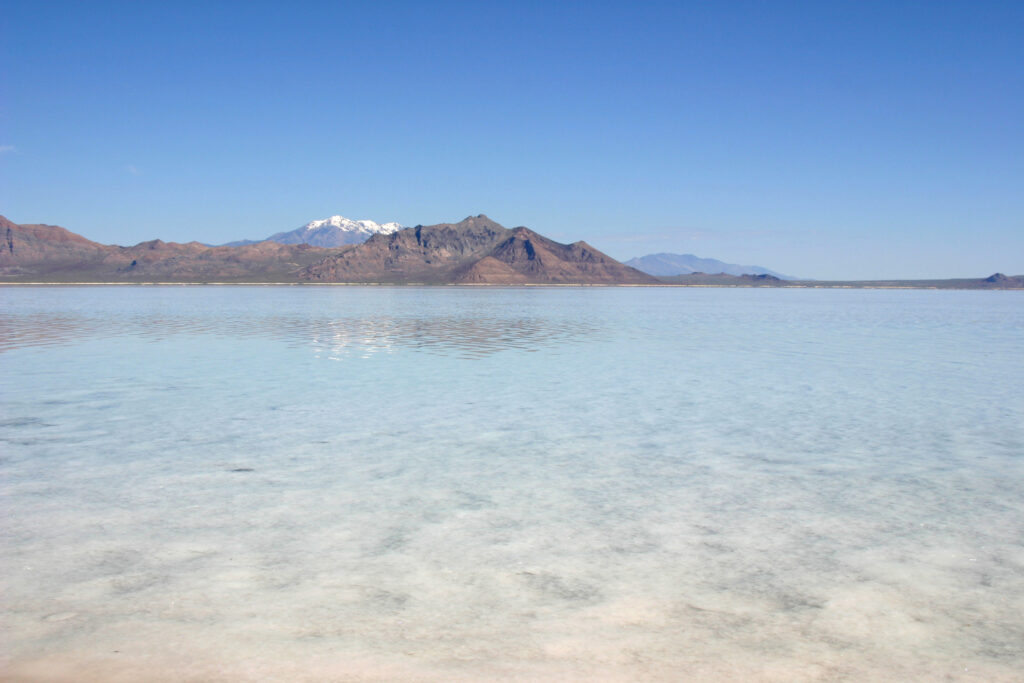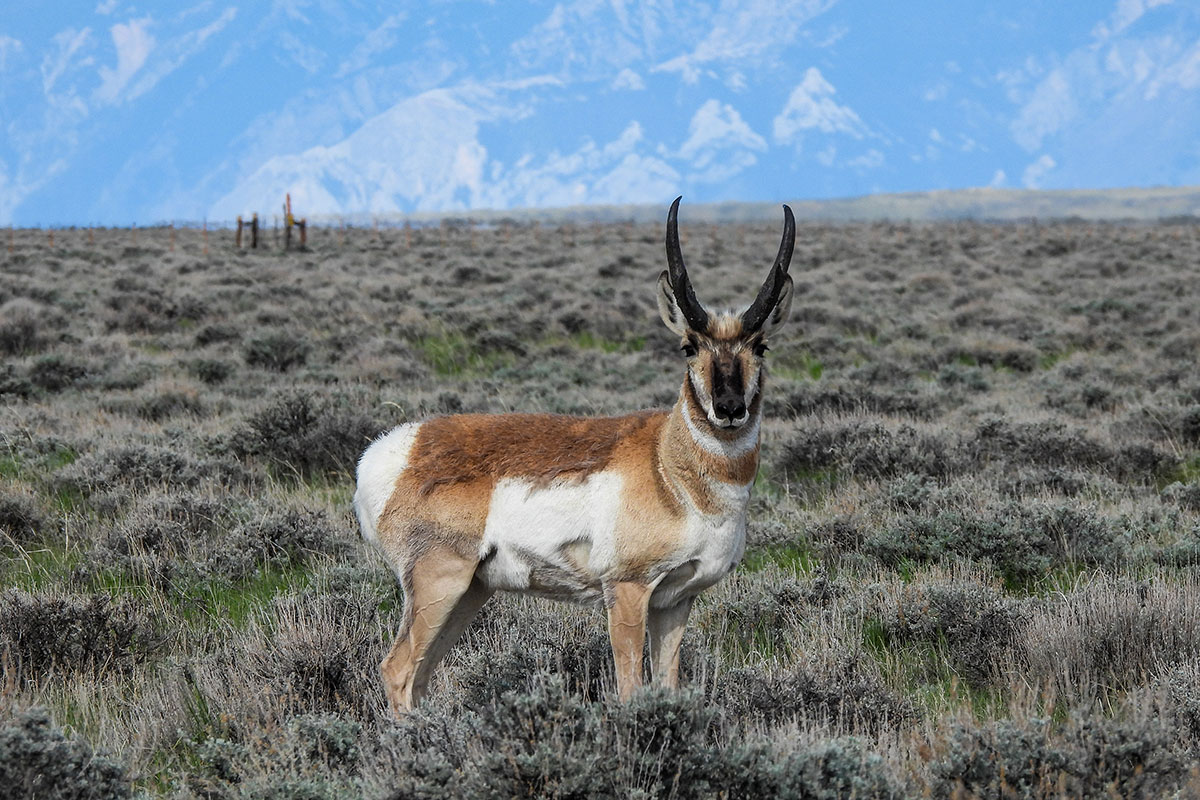
SALT LAKE CITY—The Property and Environment Research Center (PERC) announced a new partnership with the Utah Office of the Great Salt Lake Commissioner to restore the Great Salt Lake. In 2022, the Great Salt Lake reached its lowest record level. A new memorandum of understanding between PERC and the Commissioner’s Office identifies steps that both will take to address declining lake levels.
PERC is a recognized leader in water rights and conservation, with a successful track record of facilitating long-term policy solutions that meet the needs of diverse stakeholder groups. In partnering with the State of Utah, PERC will apply its extensive knowledge and expertise about water rights and transfers to analyze complex data sets about water usage.
To help more water reach the lake, PERC is partnering with the State of Utah to develop a comprehensive model that identifies the best opportunities for water conservation. The model will help facilitate voluntary water leasing, which many officials and conservationists view as a more efficient and cooperative solution than heavy-handed mandates or forced reductions.
“The Great Salt Lake is an incredible natural resource at risk of disappearing completely,” said PERC CEO Brian Yablonski. “We’re thrilled to collaborate with the State of Utah to develop a tool that will prioritize voluntary water transfers, compensate users fairly, and restore historic lake levels.”
Grounded in research and rigorous academic standards, PERC’s efforts will make it easier for state officials, farmers, and conservationists to work together to identify voluntary leasing opportunities that would yield the best result to help get the lake back to the healthy range identified in the Commissioner’s Great Salt Lake Strategic Plan. As a nonprofit conservation research institute, PERC offers the expertise and agility that will accelerate Utah’s ongoing conservation efforts.
“We value PERC’s creative thinking and expertise as we work with water users to voluntarily get more water to the Great Salt Lake,” said Great Salt Lake Deputy Commissioner Tim Davis. “They will equip us with the information we need to make meaningful progress toward getting the lake to the healthy range.”



